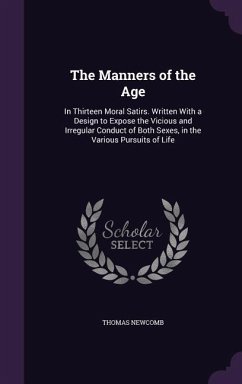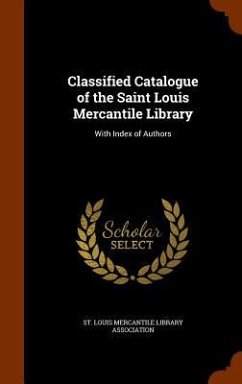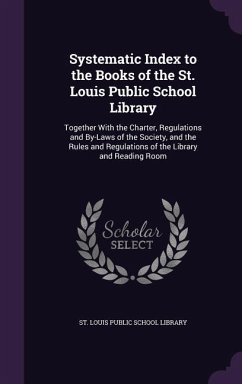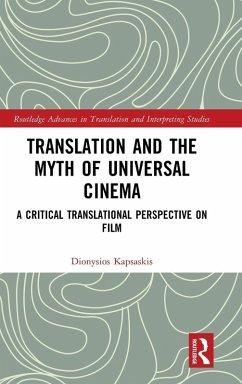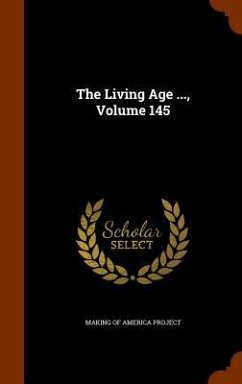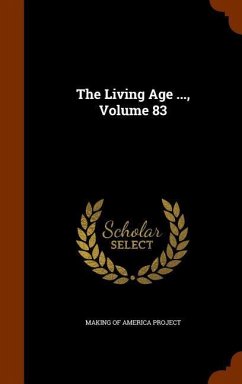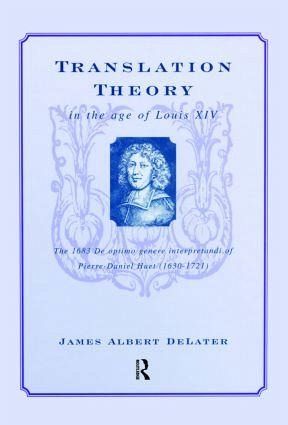
Translation Theory in the Age of Louis XIV
The 1683 de Optimo Genere Interpretandi (on the Best Kind of Translating) of Pierre Daniel Huet (1630-1721)
Versandkostenfrei!
Versandfertig in über 4 Wochen
176,99 €
inkl. MwSt.
Weitere Ausgaben:

PAYBACK Punkte
88 °P sammeln!
Preeminent in a relatively rare category of separate early modern treatises on translation, the 1683 De optimo genere interpretandi by the polymath cleric Pierre-Daniel Huet (1630-1721) offers a concise introduction to its nature, history, theory, process and practice





